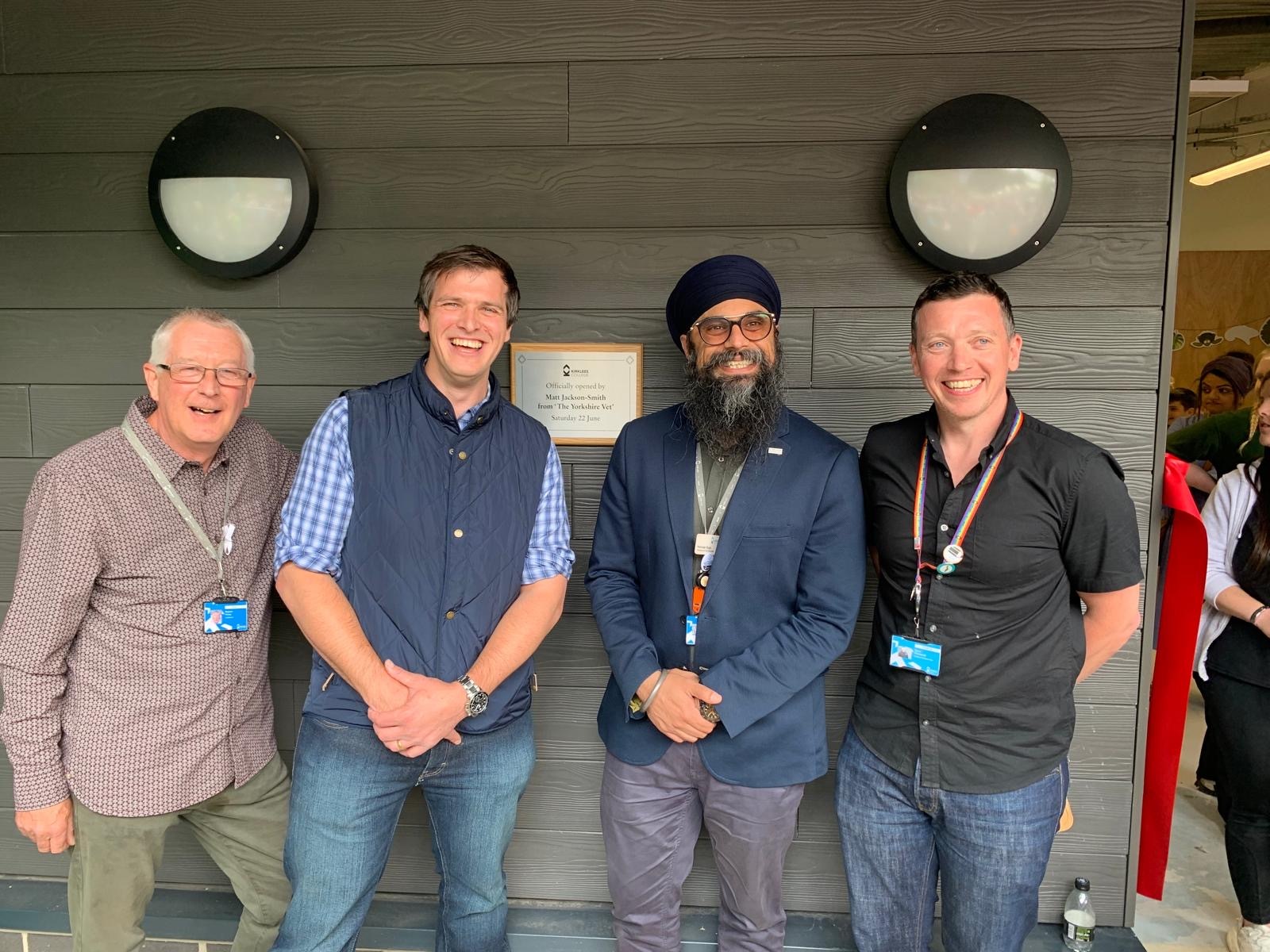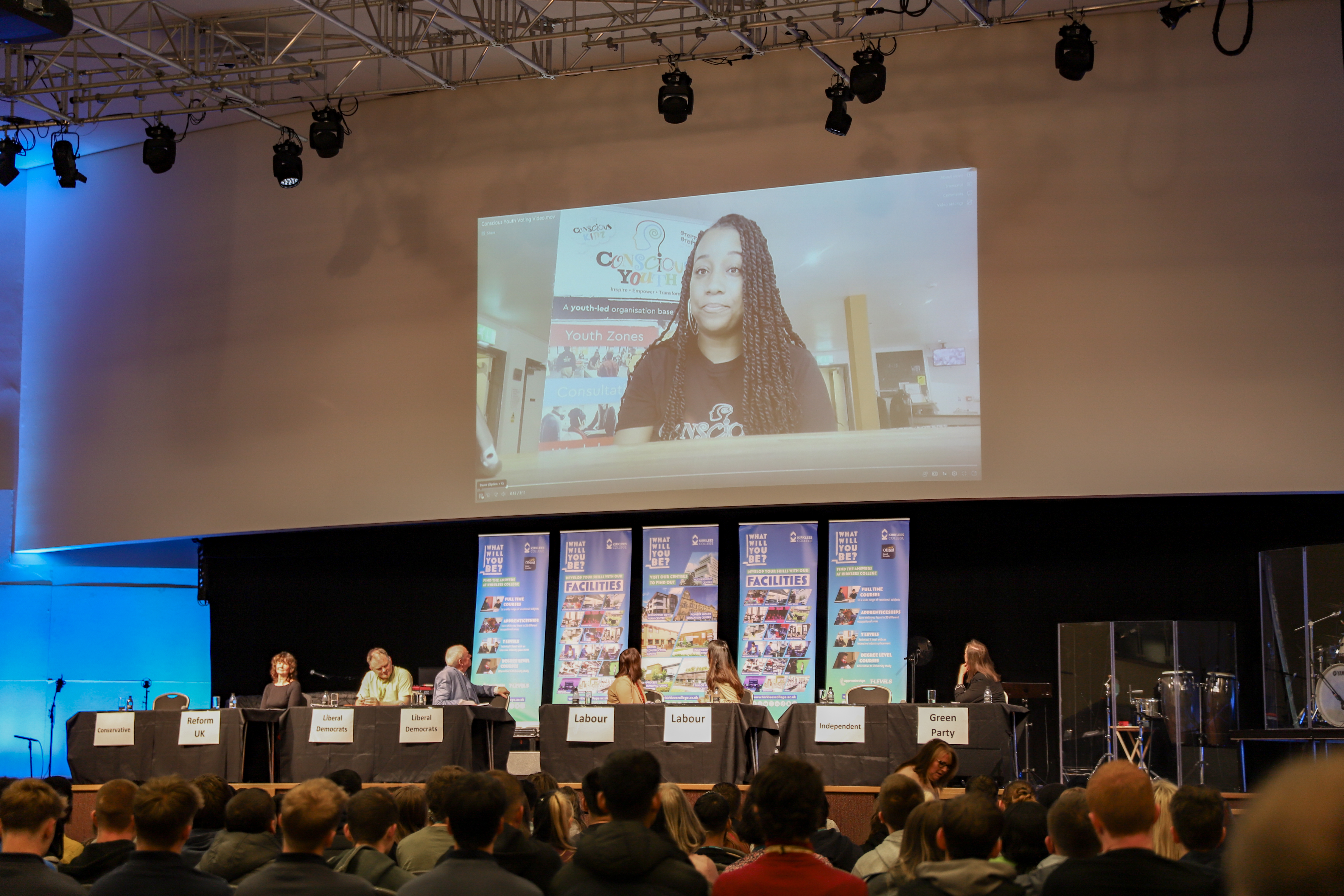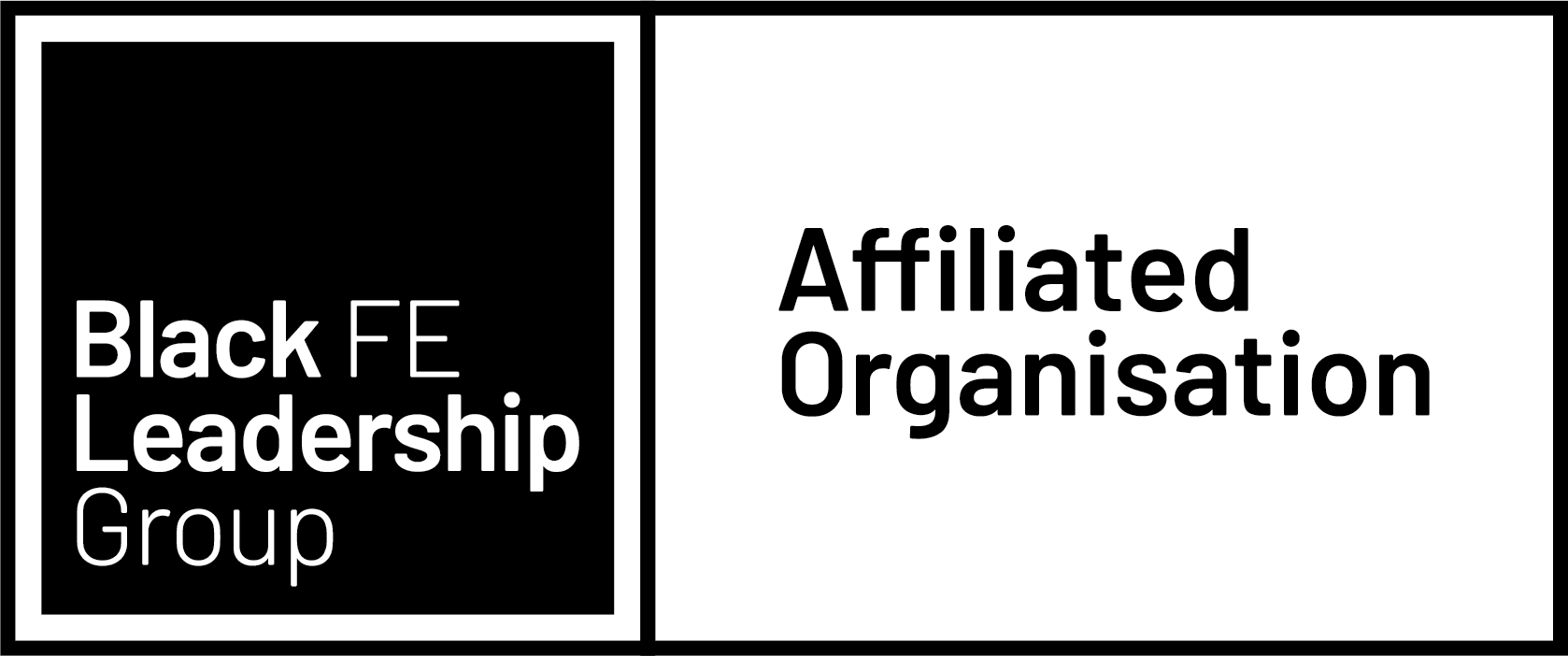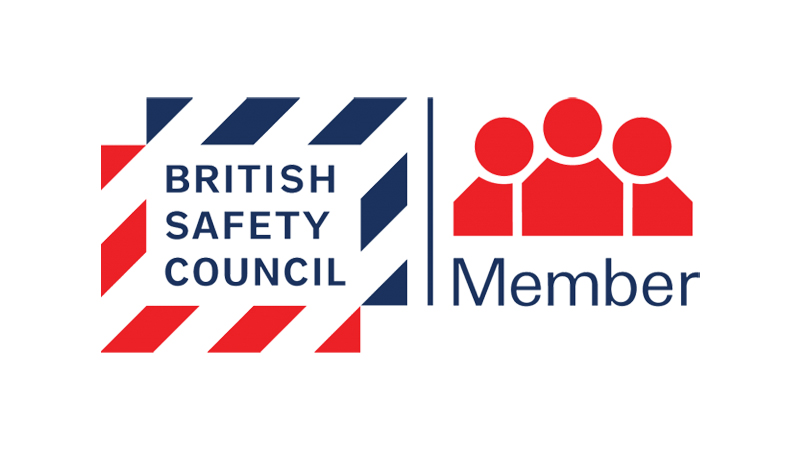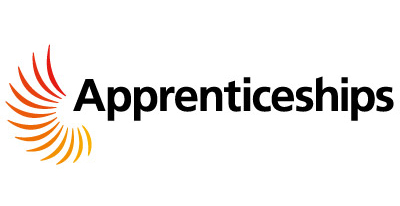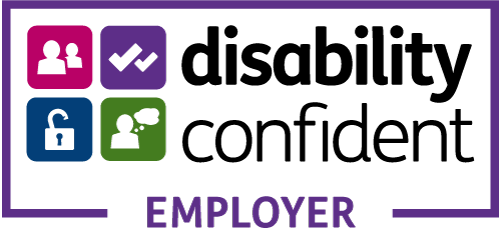Kirklees College is proud to be an inclusive employer and its values of inclusion, support and respect are at the heart of everything we do.
Many organisations are working to shift cultures in their workplace and it is widely recognised that a diverse make up of employees representing wider society and an inclusive culture is now essential to remain relevant.
Are you looking to diversify your workforce and better promote equality? Our specialist Employer Engagement team has shared five steps to kickstart EDI recruitment to attract talented staff at all levels from a range of social, economic and ethnic backgrounds.
1. Remove unconscious bias
We are often unaware of unconscious bias which is triggered by the brain making quick judgements that are influenced by our background, cultural environment and personal experiences.
Employers should remove the barrier of recruiting informally from their own professional networks and open up opportunity to welcome new and fresh perspectives by levelling the playing field. Introducing unconscious bias training will also show a commitment to making the process as inclusive as possible.
2. Be a champion of inclusivity
The best employers understand the need to take inclusivity seriously and staff should be comfortable in being open about who they are at work. Asking candidates to complete an equality and diversity form alongside their application will help employers to determine whether they are outreaching to a wide talent pool that represents all genders, sexualities and ethnicities.
3. Focus on the facts in the job advert
When drafting the job description and person specification, employers need to depersonalise the process and remove stereotypes of the position, such as age and education. Instead, employers should focus on outlining the day-to-day tasks and requirements of the candidates.
Remove any language that isn’t inclusive and monitor where positions are being advertised to cast your net wide and reach a broad range of demographics.
4. Standardise the interview process
When selecting applicants for interview, anonymise their identity by removing personal details to ensure applicants are shortlisted based on their skills and experience rather than any biases such as names, schools or photographs.
A standardised set of questions that are relevant to the job role will give all candidates an equal chance of success and remove any biases. Assigning a practical task also means candidates can be assessed on their ability to complete the work they would be doing every day.
5. Be flexible in your approach
One take away from the pandemic is that organisations have adapted to working remotely. Offering interviews via video or telephone or outside standard working hours can remove barriers for candidates from a lower socio-economic or disability backgrounds where travel, cost and time can all be detrimental to them being successful in the job market.
For more information about EDI recruitment, please contact the Employer Engagement team.



